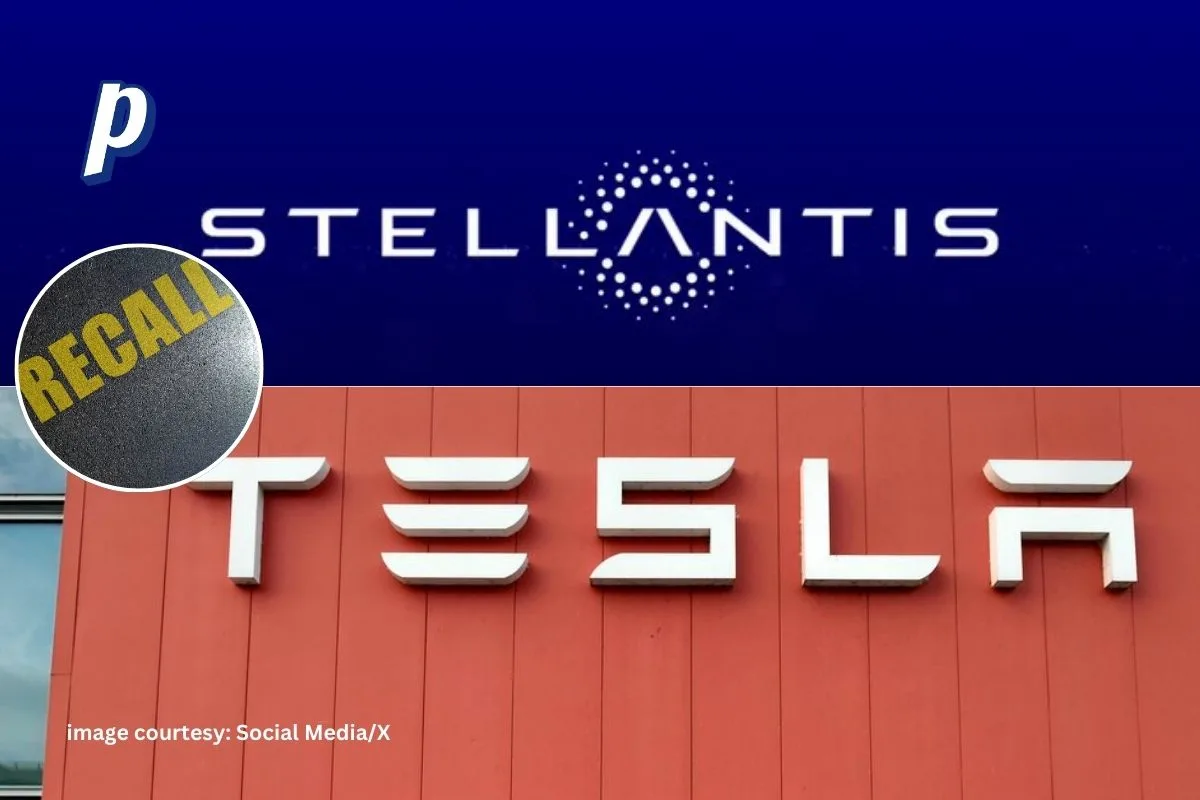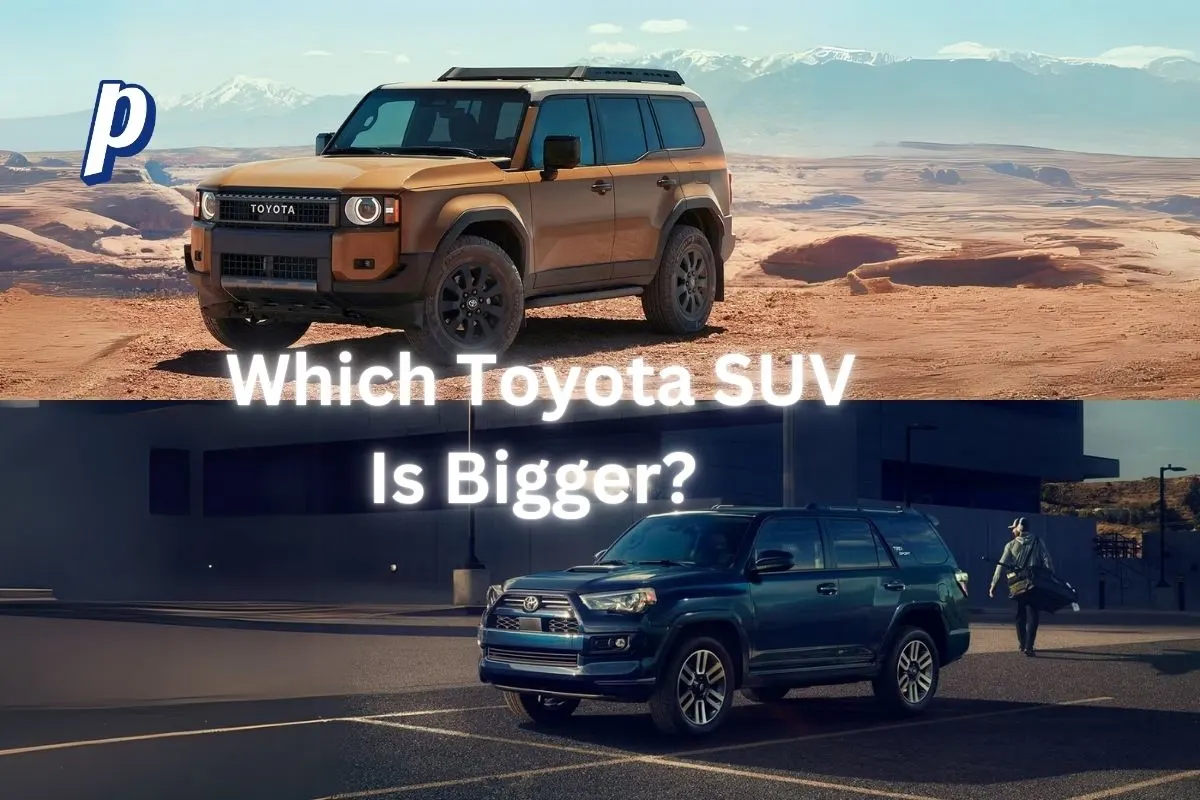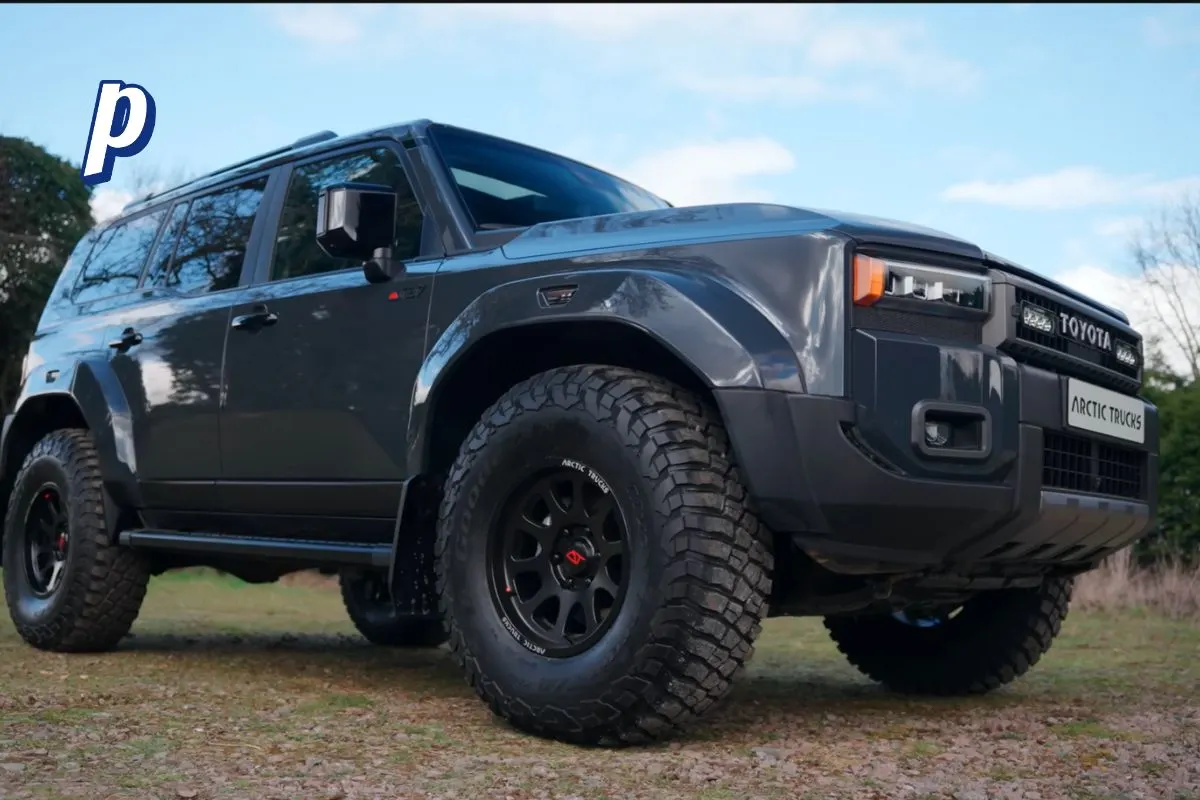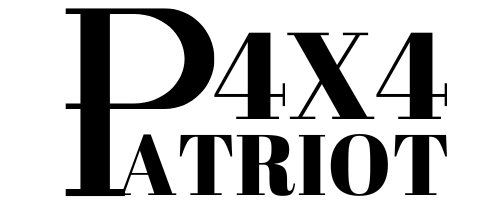The year 2024 was a whirlwind for the automotive industry, marked not only by record-breaking sales but also by an unprecedented number of vehicle recalls. Leading the charge were Tesla and Stellantis, two industry giants that dominated the recall landscape for very different reasons. From minor compliance oversights to serious safety concerns, the past year revealed just how complex modern vehicles have become.
In this article, we’ll dive into the details of 2024’s most significant automotive recalls, focusing on Tesla and Stellantis, their key challenges, and what these numbers mean for the future of vehicle safety and customer trust.
Read more: Which Toyota Sienna Years Are Best to Avoid? Find Out Here
Tesla: The Leader in Total Vehicles Recalled
Tesla made headlines in 2024 not only for its record-breaking production of electric vehicles but also for the staggering number of recalls it issued. According to data from the National Highway Traffic Safety Administration (NHTSA), Tesla recalled over 5 million vehicles this year across just 15 separate recall campaigns. This figure firmly placed Tesla at the top of the list for the total number of vehicles recalled in 2024.
The Polarizing Tesla Cybertruck
The Tesla Cybertruck, one of the company’s most controversial and innovative models, was also the most recalled Tesla vehicle of the year. The Cybertruck faced seven separate recalls for issues ranging from sticky accelerator pedals to failing windshield wipers and faulty drive inverters.
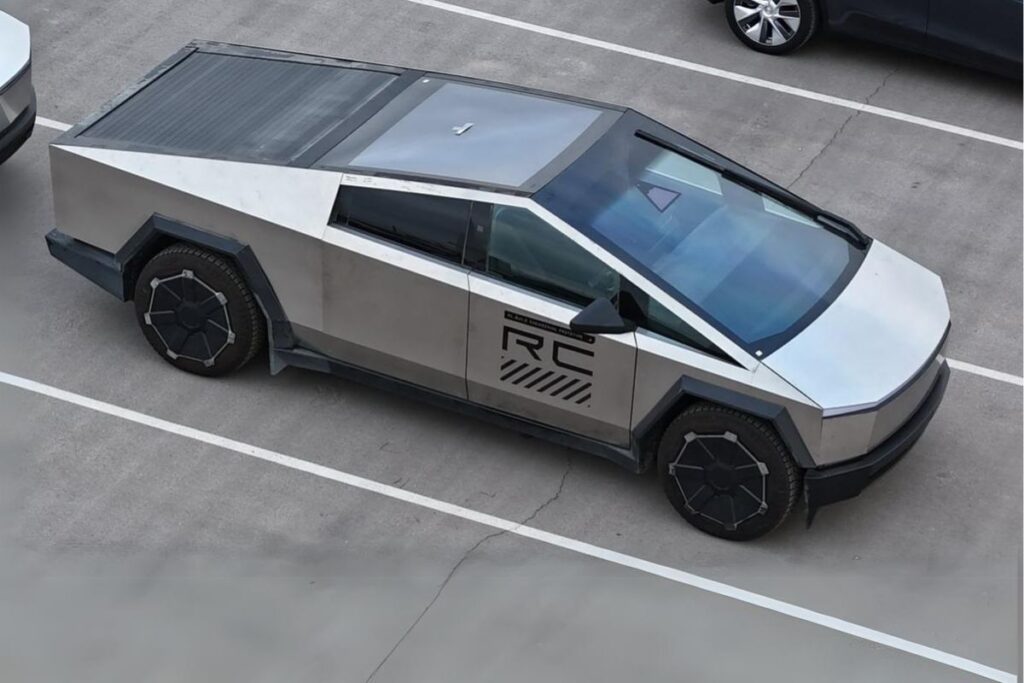
While these problems highlight the challenges of launching a revolutionary new design, they also raised questions about Tesla’s quality control processes.
The Largest Recall: Font Size on Warning Lights
One of Tesla’s most surprising recalls of 2024 involved a seemingly minor issue: the incorrect font size on warning lights. Although it may sound trivial, the NHTSA deemed the issue serious enough to warrant action, as the font size did not meet federal safety standards. This recall affected an astonishing 2,193,869 vehicles, making it the largest single recall for Tesla this year.
The TPMS Recall in December
Tesla’s most recent recall, issued on December 17, 2024, involved 694,304 vehicles. This recall addressed a potential failure in the Tire Pressure Monitoring System (TPMS), which sometimes failed to alert drivers of dangerously low tire pressure. While this issue didn’t result in immediate safety risks, it highlighted the importance of precision in Tesla’s software-driven vehicle systems.
Stellantis: The Most Recall Campaigns of 2024
While Tesla took the lead in total vehicles recalled, Stellantis was the undisputed leader in the number of recall campaigns. The automotive giant, which owns brands like Dodge, Jeep, Chrysler, and Ram, issued 72 separate recalls in 2024, more than any other manufacturer. These recalls affected a total of 4,804,285 vehicles, making it a challenging year for the company.
Small Recalls with Big Implications
Not all Stellantis recalls were large-scale. In fact, 17 of the 72 recalls issued in 2024 affected fewer than 100 vehicles. While these smaller campaigns often involved niche issues, they highlighted Stellantis’ proactive approach to addressing potential problems, no matter how small.
Six Major Recalls Drive the Numbers
Despite the high number of smaller recalls, Stellantis’ recall statistics were largely driven by six major campaigns that collectively accounted for 3.3 million vehicles. Key issues included:
- Steering Knuckle Separation: Affected 338,238 units, posing a serious safety risk.
- Front Airbag Failure: Impacted 337,128 units, raising concerns about passenger safety in collisions.
- Disabled Electronic Stability Control (ESC): Caused by software malfunctions, this issue affected 1,025,432 vehicles and posed significant risks for drivers in slippery or emergency conditions.
The Biggest Stellantis Recall of 2024
The largest recall for Stellantis involved failing rearview cameras, which affected 1,033,433 vehicles across its Dodge, Jeep, Chrysler, and Ram brands. Rearview camera failures can significantly impair a driver’s ability to safely maneuver in tight spaces, making this a top priority for the company.
Comparing Tesla and Stellantis Recall Trends
Tesla: A Numbers Game
Tesla’s recall statistics are heavily influenced by its relatively small number of campaigns affecting large volumes of vehicles. The warning light font size recall, for example, impacted over 2 million vehicles, accounting for nearly half of Tesla’s total recalls this year. These large-scale recalls, while costly, are often easier to address since Tesla leverages over-the-air (OTA) software updates for fixes. However, issues like hardware malfunctions in the Cybertruck require more extensive efforts, including service center visits.
Stellantis: A Broader Range of Issues
In contrast, Stellantis dealt with a wider variety of issues, from mechanical failures to software glitches. With 72 recall campaigns, the company faced challenges in ensuring consistency across its diverse lineup of vehicles. While many recalls affected small numbers of cars, the major campaigns revealed deeper quality control concerns in areas like safety-critical systems and electronics.
What These Recalls Mean for Consumers
For car buyers, the sheer volume of recalls from Tesla and Stellantis in 2024 underscores the importance of staying informed about potential issues with their vehicles. Recalls, while frustrating, are a sign that manufacturers are taking responsibility for ensuring driver and passenger safety.
Tips for Managing Vehicle Recalls:
- Stay Informed: Regularly check the NHTSA recall database for updates on your vehicle.
- Act Quickly: If your car is part of a recall, schedule the necessary repairs as soon as possible.
- Understand the Fix: Some issues, like Tesla’s font size recall, can be resolved quickly, while others may require more extensive repairs.
- Leverage Manufacturer Support: Recalls are typically covered by the manufacturer, so there’s no cost to the owner.
Read more: Tesla Recall Alert: Nearly 700,000 Vehicles Impacted by Tire Pressure Monitoring Issue
A Year of Lessons for the Auto Industry
The recalls issued by Tesla and Stellantis in 2024 reflect the growing complexity of modern vehicles. Advanced technologies like hybrid systems, autonomous driving features, and integrated software are transforming the automotive landscape, but they also introduce new challenges in quality control and reliability.
For Tesla, the reliance on software-driven solutions means some recalls can be resolved remotely, but hardware issues like those seen in the Cybertruck still pose challenges. Stellantis, on the other hand, must contend with the demands of managing a vast portfolio of brands and vehicle types, making consistency a constant struggle.
As we move into 2025, it’s clear that automakers must prioritize proactive quality control measures and swift recall responses to maintain customer trust in an increasingly competitive market. For consumers, staying informed and vigilant is key to ensuring their safety and satisfaction on the road.
